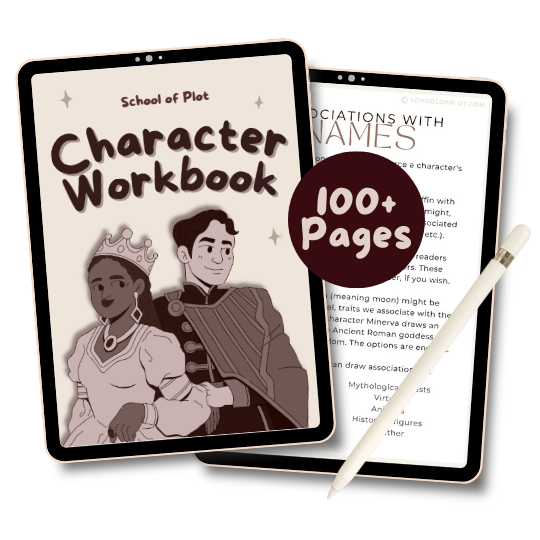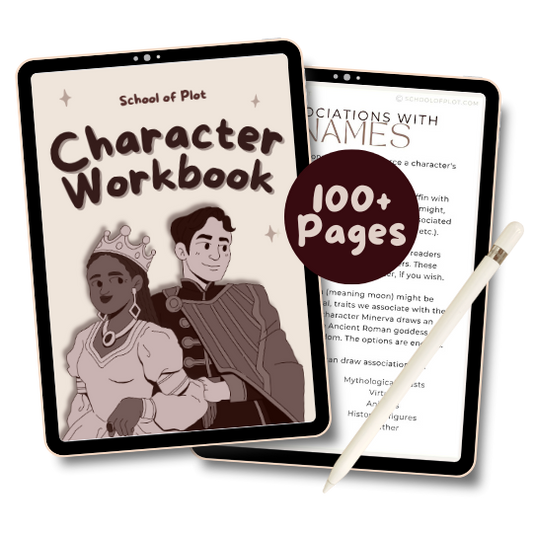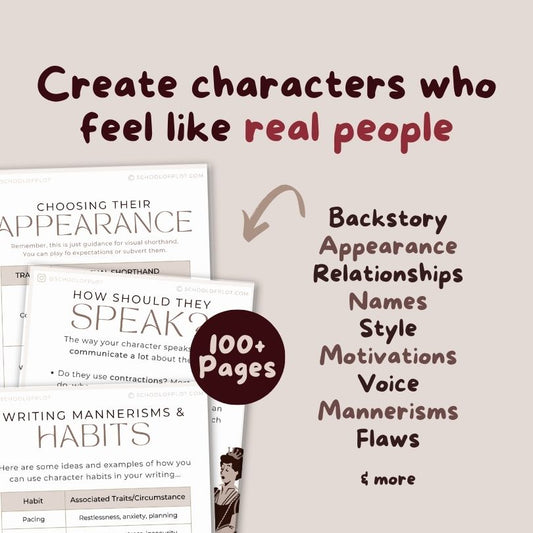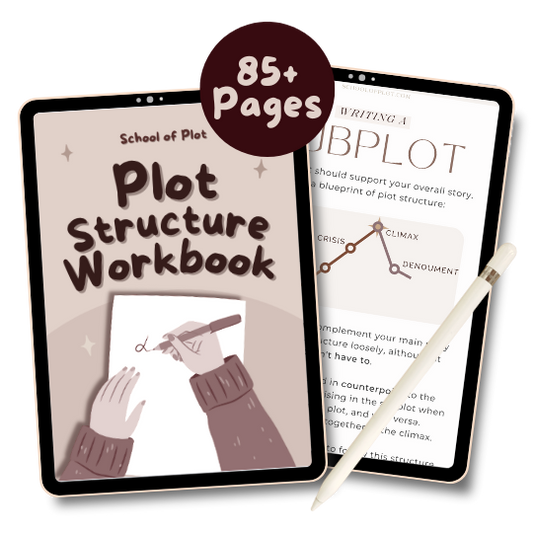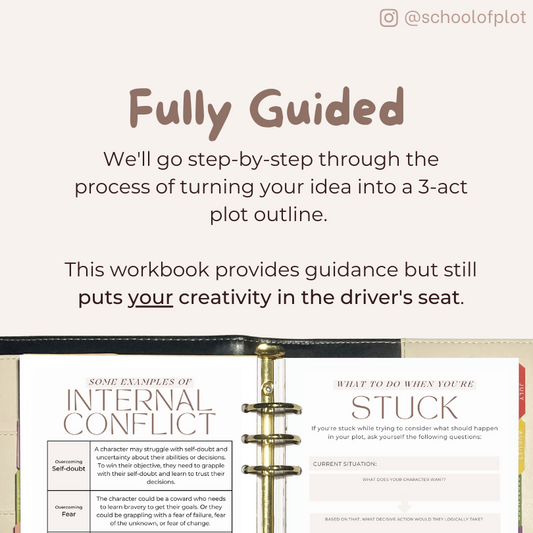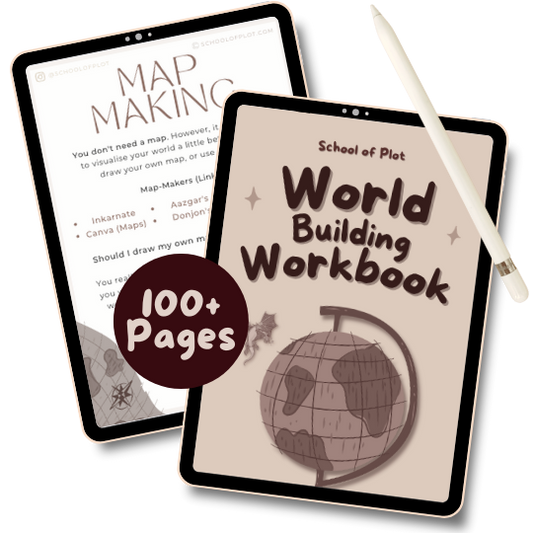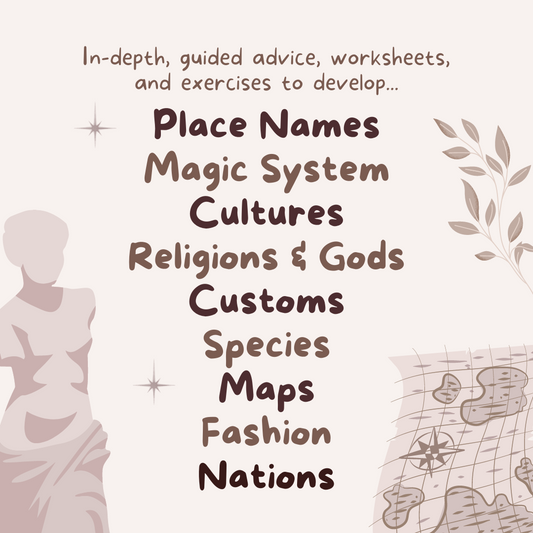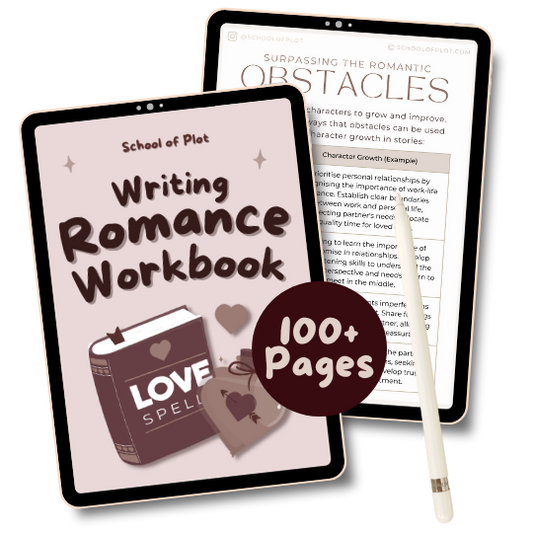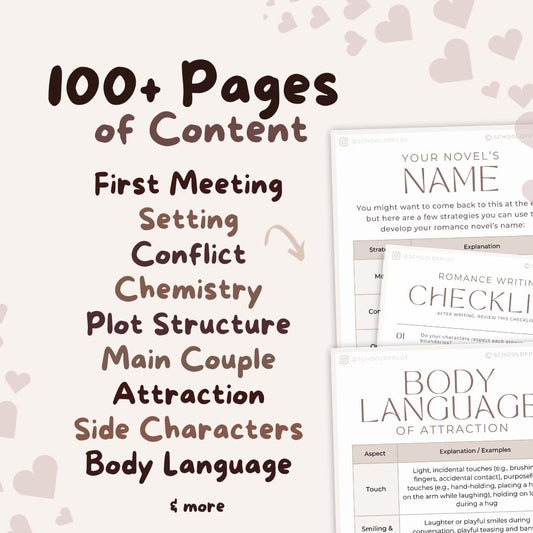We've all been there, staring at a scene on the page, three pages of text highlighted, sweating with our index finger hovering over the backspace key. This scene doesn't feel entirely necessary but you spent so long on it! You don't want to hurt your book – your baby!
Sometimes deleting a scene can be the best thing you can do for your project but it can be hard to know exactly which you should delete and which you should keep. I can't make that choice for you, but hopefully these signs can help you decide whether that scene should stay or be banished to the trash bin*.
*Actually, I recommend storing it safely in a document titled 'The Graveyard' or something cute like that. I mean, you did work hard on it!
You’re Bored Writing & Editing It
I mean, it happens. But if you find yourself forcing yourself to slog through a specific scene so you can finally get to the good stuff, your readers might find themselves equally bored.
But what if the scene is necessary? Well, first as yourself...is it? Could the exposition be delivered another way? Could you replace this scene with something else? If it’s a “no”, see if you can spice the scene up (for example with some humour or action).
It’s a Rehash
Are you essentially just saying the same thing twice, just in a different setting? Did you tread this ground before in an earlier scene? Are the characters saying the same thing, or learning the same lessons?
As with everything, this is case-by-case, but you do want to avoid your story getting overly repetitive and boring the reader.
An easy solution would be to combine two similar scenes. Merge the fight scene with the love declaration if they both serve to produce the same character change or deliver the same exposition, for example.
It’s Just Exposition
A really easy example would be the first chapter of a fantasy brick that just serves to explain the world and kingdom. You don’t necessarily have to cut these out. It’s up to you. But often this information can be woven more organically into the story.
The issue with exposition-dumps is that they can be a slog for readers to get through. More often than not, readers care more about your characters than the geopolitical landscape of Fantasylandia. Ask yourself “why should the reader care”?
It Neither Adds Nor Entertains
I’ve included a little checklist at the end of this post so you can decide whether a scene really needs to be there or not. But as a general rule, a scene should generally have some reason for being there.
Does your scene introduce a conflict, raise the stakes, or reveal crucial information? If not, could it? Would that make it stronger? It’s case-by-case for sure, so I won’t generalise, but this could be a smart thing to double-check with your beta readers.
You Probably Don’t Need That Dream Sequence
I said I wouldn’t generalise, but you probably don’t need to interrupt the flow of your story for a dream sequence. Dreams often don't have a direct impact on the story.
They can often feel like a bit of a cop-out if your character has a big realisation during one. If a dream that blatantly spells out a plot point, it can feel lazy. There are exceptions to this rule though, as with any.
Questions to Ask
- Does this scene introduce a conflict, raise the stakes, or reveal crucial information?
- Does this scene develop the characters?
- Can this scene be cut without significantly altering the story?
- Does this scene have a clear purpose?
- Is this scene bogged down by unnecessary details or exposition? Can you tighten it up?
- Does this scene raise new questions or mysteries for the reader?
- Does this scene offer a turning point for the characters or the story's direction?
- Does this scene show the consequences of a previous decision?
- Could this scene be placed differently in the story for a stronger impact?
